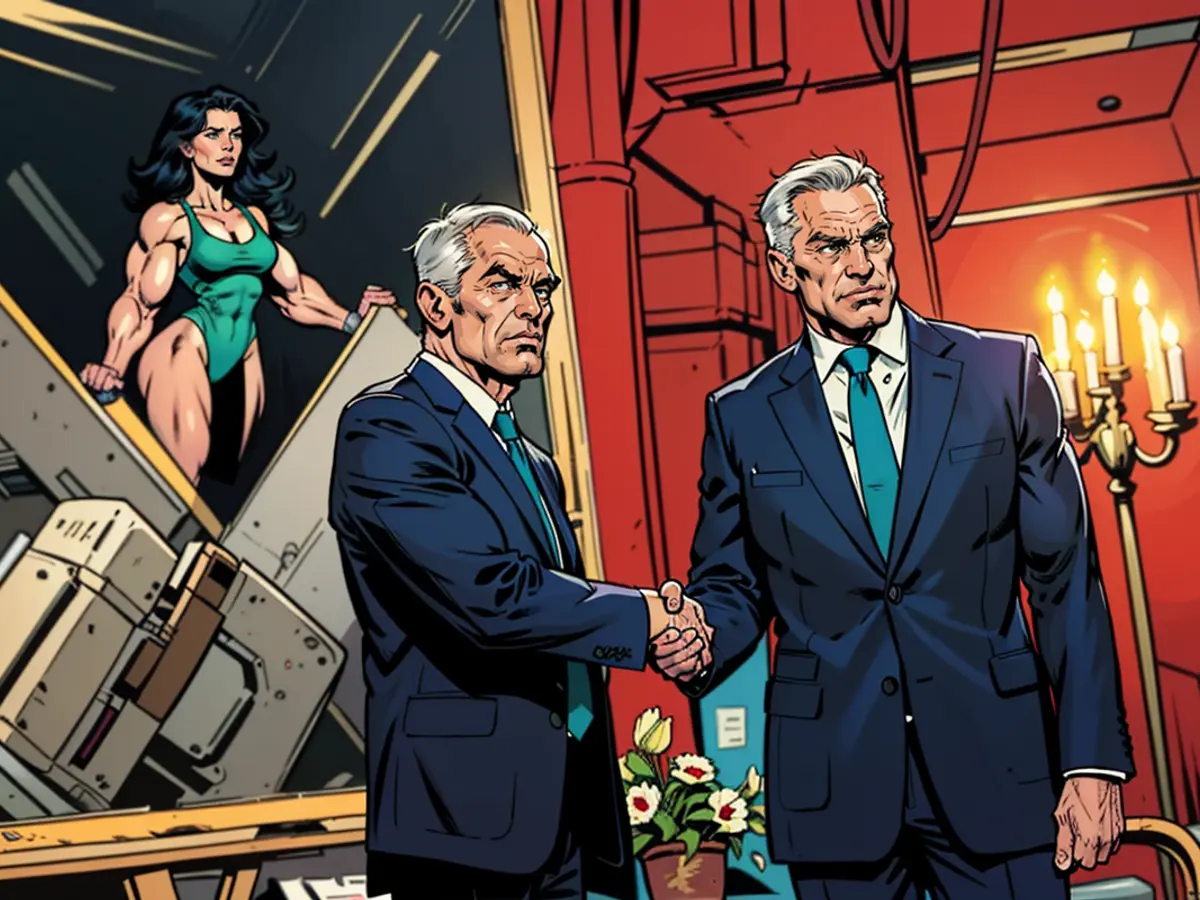In this scenario, Van der Bellen is assigned the responsibility of establishing a government.
In the Austrian National Council election, it was the far-right Freedom Party (FPOe), led by Heinz-Christian Strache's successor, Kickl, that delivered the strongest performance. However, none of the parties are keen on forming a coalition with them. Therefore, the Federal President, Alexander Van der Bellen, has assigned the job of forming a new government to the incumbent Chancellor, Nehammer, from the People's Party (OeVP). Nehammer is expected to initiate discussions with the Social Democratic Party (SPOe), as per Van der Bellen's instructions. It's unclear if a third partner is necessary to secure a parliamentary majority for OeVP and SPOe. Potential partners could include the liberal NEOS or the Greens.
Van der Bellen's strategy is unconventional, considering the OeVP emerged as the second-strongest party in the election held at the end of September. For the first time, the right-wing populist FPOe secured the top spot. However, no party is eager to collaborate with FPOe, thus, Van der Bellen did not delegate the government formation task to the party with the most votes, as is traditionally done.
The SPOe, NEOS, and Greens firmly oppose working with FPOe, while OeVP has ruled out a coalition led by FPOe's Kickl. To resolve this impasse, Van der Bellen urged the leaders of the three major parties to consider potential coalitions amongst themselves. Following these talks, OeVP and SPOe reiterated their refusal to ally with FPOe. Nehammer made it clear that he would not entertain a coalition with FPOe, going so far as to declare he wouldn't be "giving Kickl a leg up" in any way.
Despite the FPÖ delivering the strongest performance in the Austrian National Council election, led by Kickl, neither the SPOe nor OeVP are interested in forming a coalition with them. Consequently, this has led to a unique situation where the incumbent Chancellor, Nehammer from the OeVP, is not considering a coalition with the FPÖ.








